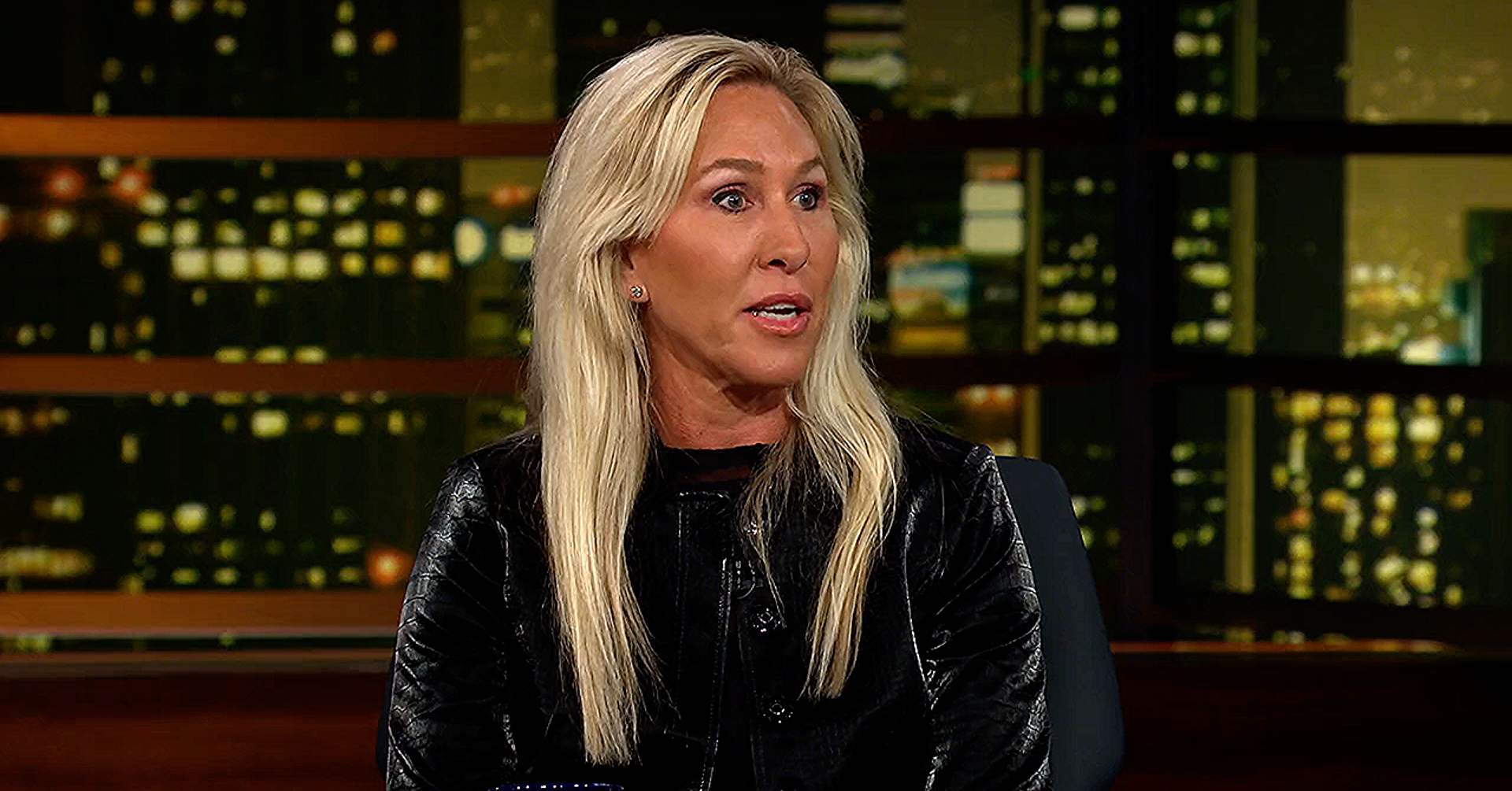
A Conversation on Military Housing and Nuclear Testing
During a recent episode of HBO’s Real Time with Bill Maher, the discussion took an intriguing turn as Republican Congresswoman Marjorie Taylor Greene (R-GA) expressed her curiosity about high-profile figures from the Trump administration who have been relocating to military housing. The conversation, which included panelists such as writer and director Dan Farah, co-host of “The Fifth Column” podcast Michael Moynihan, and Greene herself, sparked some interesting questions about what these officials might know that the public does not.
Uncovering the Mystery Behind Military Housing
Bill Maher opened the segment by pointing out that several prominent members of the previous administration have been moving into military bases. He mentioned Homeland Security Secretary Kristi Noem, Secretary of State Marco Rubio, White House deputy chief of staff Stephen Miller, and others. Maher expressed surprise at this development, asking if the panelists were aware of it.
Greene, known for her unorthodox views, responded with a mix of intrigue and skepticism. She admitted she was unaware of the situation and questioned why these individuals would choose to live in such locations. Her comment, “What do they know that I don’t know?” drew laughter from the audience, highlighting the conspiratorial nature of her response.
While Maher suggested that the information might not be widely publicized, he also noted that it wasn't necessarily a secret. This led to a broader discussion about transparency and the potential implications of these moves.
Nuclear Testing and Concerns Over Peace
The conversation then shifted to another pressing issue: nuclear testing. Maher raised concerns about former President Donald Trump's suggestion to resume nuclear testing, calling it a bad idea. He referenced historical context, noting that John F. Kennedy had previously addressed similar issues, emphasizing that everyone shares the same atmosphere and should avoid contaminating it with nuclear fallout.
Greene acknowledged the risks associated with nuclear testing and expressed her opposition. She highlighted the devastating consequences of nuclear weapons, particularly referencing the bombings of Japan during World War II. For Greene, world peace is a top priority, and she believes that avoiding nuclear conflict is essential for the future of humanity.
The Role of Congress in Decision-Making
When Maher asked whether these issues had come to Greene’s attention in Congress, she responded that they hadn't yet reached her desk. However, she made it clear that if such a proposal were brought before her, she would strongly oppose it. Her stance reflects a commitment to preventing any actions that could lead to nuclear war or environmental harm.
This exchange between Maher and Greene highlights the complex interplay between political decisions, public awareness, and the responsibilities of elected officials. It also underscores the importance of open dialogue and informed decision-making when it comes to matters of national security and global stability.
Conclusion
The discussion on Real Time with Bill Maher offered a glimpse into the concerns of both the media and political figures regarding the movements of high-ranking officials and the potential implications of nuclear testing. While the conversation may have taken a conspiratorial turn, it also served as a reminder of the need for transparency, critical thinking, and a shared commitment to peace and safety. As the political landscape continues to evolve, such discussions are crucial in shaping public understanding and influencing policy decisions.

Post a Comment